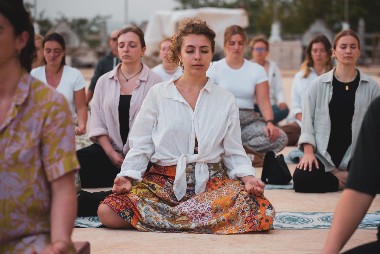How to Stay on Top of Your Small Business Transactions
Running a small business means juggling many moving parts—but one area that shouldn’t fall through the cracks is how you manage your day-to-day transactions. Accurate record-keeping doesn’t just help at tax time. It’s essential for cash flow, understanding your financial…










